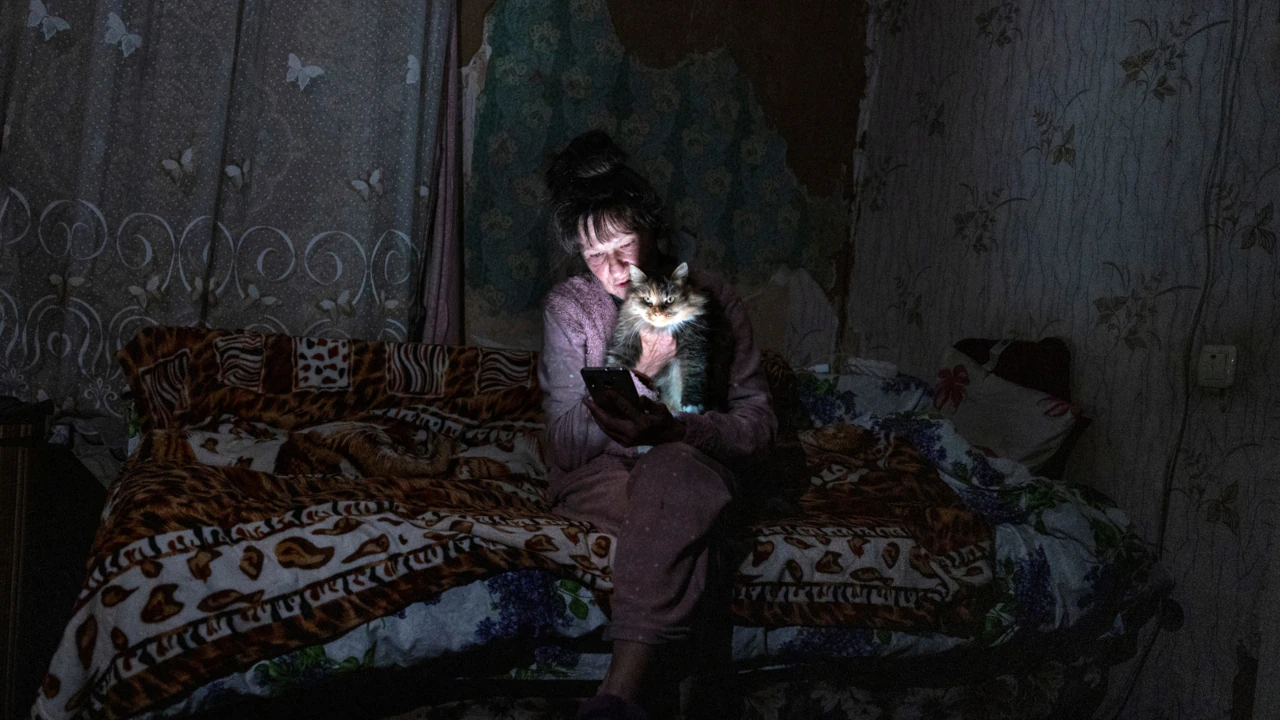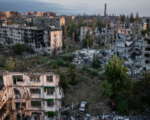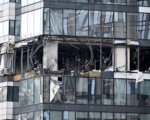Ukrainians Brace for Harsh Winter Amidst Power Blackouts

As Russian missiles and drones struck Ukraine’s energy infrastructure on Monday, residents like Victoria Novorzhytska in Zhytomyr faced immediate power and water outages, marking a challenging start to the day. This massive attack, described as Russia’s largest aerial assault to date, resulted in widespread power disruptions, affecting millions across the country. Ukrainian authorities have reported at least 12 fatalities from the strikes, with ongoing damage assessments and recovery efforts.
The Ukrainian government, alongside major energy companies, is grappling with the severe impact on the national grid. DTEK, Ukraine’s largest private energy firm, announced rolling blackouts in major cities such as Kyiv, Odesa, Dnipropetrovsk, and Donetsk. These outages, which sometimes last up to six hours, have become a routine part of daily life, particularly worrying as the colder winter months approach. Prime Minister Denys Shmyhal emphasized the urgency of maintaining energy supply to critical infrastructure and the economy, despite the challenges posed by frequent attacks and the need for extensive repairs.
In response to the persistent threat of blackouts, Ukrainians have adapted by relying on backup power solutions. Kyiv, for example, has set up “points of invincibility” where residents can charge their devices and access the internet during outages. Many businesses and homes have invested in generators and solar panels to ensure some level of energy independence. The city’s mayor, Vitaliy Klitschko, has supported these initiatives through subsidies and tax incentives.
However, the scale of Russia’s attacks has intensified, specifically targeting key energy facilities such as thermal power plants and hydroelectric stations. This strategy aims to cripple Ukraine’s infrastructure and disrupt daily life. Legal expert Olha Matskiv from Global Rights Compliance has criticized these attacks as a tactic to deplete Ukraine’s resources and hinder its economic stability.
Despite the devastation, Ukrainian officials are implementing protective measures for their energy network, including reinforced structures designed to withstand missile strikes. Prime Minister Shmyhal noted that while these defenses have mitigated some damage, the high costs associated with such protection remain a significant concern.
As Ukraine faces this challenging winter, the ongoing conflict and attacks on its power grid underscore the resilience of its people and the critical need for continued support and adaptation.


















